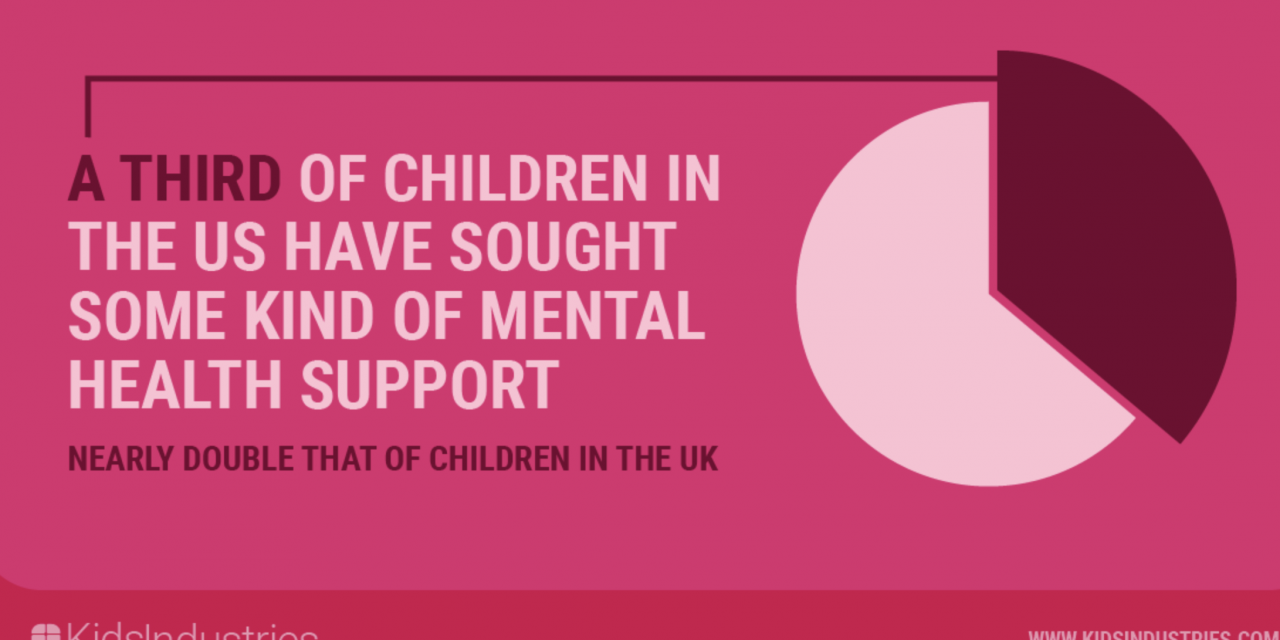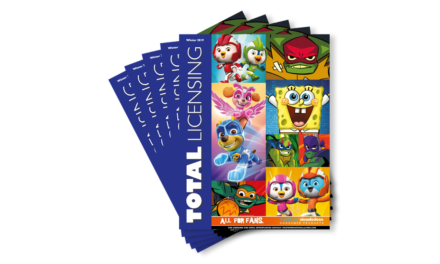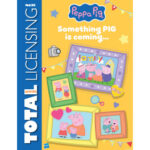
New report from Kids Industries voices concern over mental health amongst children; calls for brands to take action

Family-focused marketing agency Kids Industries (KI) launched its latest report today as part of its children’s manifesto – which calls for brands, products and services to acknowledge key drivers of change and to put the outlined values front and centre of their campaigns.
The latest research takes a closer look at mental health and wellbeing amongst 2,001 children and their parents in the UK and US. It takes the temperature of current perceptions and highlights key changes needed to get families the support they deserve.
It paints a picture of rising mental health and wellbeing issues and a lack of access to knowledge and support:
- Mental health issues have increased over the past 12 months – with 18 percent of UK parents and 11 percent of US parents reporting that their child’s mental health had gotten worse.
- Knowing where and how to access mental health support materials is an issue for 24 percent of UK parents and children (rising to 33 percent of UK parents of children aged 5-7). In comparison, just 15 percent of American parents and children do not know where to look.
- The UK lags behind in seeking mental health support and gaining access to services. In the past 12 months a third of children in the US have sought some kind of support – nearly double that of children in the UK (31 percent of children aged 5-15 versus 16 percent respectively).
Children value their mental health
1 in 3 (34 percent) children aged 5-15 in the UK & US identify their mental health as one of the issues that matters most to them. In addition, it is an issue that becomes more important as children get older – it is a priority issue for 29 percent of 5–7-year-olds, and 41 percent of 12–15-year-olds.
In the UK, it is the number #1 issue for 12–15-year-olds.
The older the child, the more likely they are to report that their mental health has deteriorated. In the UK: 17 percent of 5-7s and 20 percent of 12-15s have seen worsened mental health, and in the US eight percent of 5-7s and 14 percent 12-15s.
A variety of factors are affecting children’s mental health
Children are most likely to be negatively affected by social interaction issues, but social media is now playing a role, too – with 25 percent of US children aged 5-15 reporting that social media makes them unhappy, compared to 12 percent of UK children.
The top three factors impacting children’s mental health negatively currently include:
In the UK:
- Friendship troubles – 39 percent
- Bullying – 31 percent
- Getting unwell – 28 percent
In the US:
- Bullying – 37 percent
- Friendship troubles – 35 percent
- Not being able to talk to family/friends as much as they would like to – 27 percent
Gary Pope, CEO and Co-Founder at Kids Industries and Children’s Commissioner for Products of Change, commented: “There has been a huge focus on mental health and wellbeing over the past couple of years, so it makes for hard reading to hear that children and their parents are still struggling to get the help needed and resources to cope. It’s disappointing to see the wellbeing / knowledge access gap between the US and UK too and it shows that there’s a lot more work to be carried out – both in education and signposting.
“As a family focused marketing agency, we see it as our role to shine a light on the macro drivers that are developing the attitudes and behaviours of today’s children and preparing them to be tomorrow’s adults. Having good mental health and wellbeing is a core pillar and as such we have signed up to sponsor distribution for Laura Helen Brown’s ‘My Emotions Activity Book’ which will be given to children arriving here in the UK from war-torn Ukraine. The book is already being used to engage with children within the primary school age range and has been picked up by Great Ormond Street Hospital, Women’s Aid, Kidscape and others, but what we really want is to reach a point where every child within the UK has access to it – to help nurture their emotional literacy.
We are calling on our partners, customers, the Government and the toy, licensing and EdTech sectors to join in and make access to resources easier.”
















